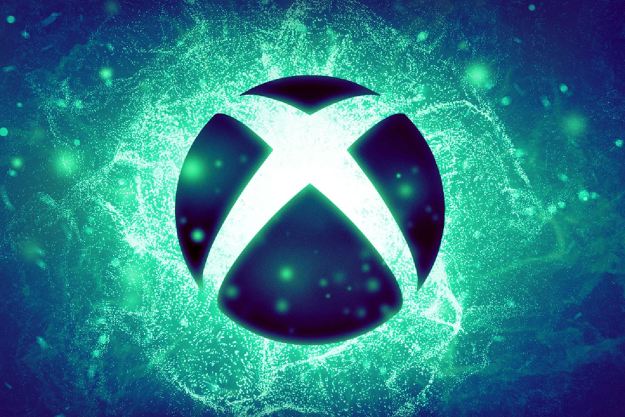
Microsoft promised to reveal more of its approach in the next-gen to handling indie developers at Gamescom 2013, and that promise was kept in the console-maker’s kickoff presentation. Sort of. The Independent Developers @ Xbox program – or ID@Xbox – now has a name, as well as a scant bit of information on how to register and how indie offerings will be treated differently in the Xbox One’s marketplace. However, this isn’t a call of encouragement to all developers everywhere that many had hoped it would be.
The most concrete detail relates to the console’s online marketplace: the notion of separate sections for Arcade titles, Games On Demand, and the XBLIG library is finished. Now, all games will be lumped into a single, all-inclusive space no matter who made or published them. New sections of the store like Trending, Recommendations, and Spotlight all aim to help with discoverability. These all might seem like common sense improvements to anyone that regularly uses the likes of Netflix or Spotify, but they’re necessary changes to online retail policies that were established in 2006 when the Xbox 360 launched.
An info page on Xbox.com provides more information about how ID@Xbox works, but here’s a summary. In the early days, Microsoft is asking that only indies with “a proven track record of shipping games on console, PC, mobile, or tablet” apply for developer status. Accepted applicants will receive two Xbox One development kits at no charge as well as all of the tools necessary to build games for the console.
Yes, development kits. Although Microsoft’s Marc Whitten confirmed in late-July 2013 that “every Xbox One can be used for development,” that’s not the way things are going to be at launch. The Xbox.com info page confirms that Whitten’s promise is still very much the goal, but there’s no timetable for when developers might be able to register their retail boxes for use as devkits.
In terms of how any of this impacts you, the gamer, the answer is “very little,” at least in the short-term. A less segmented online marketplace is good for everyone, but Microsoft’s vague revelations about how ID@Xbox works is too heavy on the PR and too light on actual details. The Xbox One may well turn into an indie paradise over time … or it could end up being just another closed marketplace, complete with its own set of hurdles and headaches for creator-types to overcome.
Editors' Recommendations
- Xbox Year in Review 2023 is live: here’s how to see your stats
- Microsoft is making AI game-writing tools for Xbox with Inworld AI
- The impending Xbox 360 Store closure makes me wary of Game Pass’ future
- All Xbox home screens are getting a PS5-style makeover starting today
- Your Xbox Live Gold subscription will turn into Xbox Game Pass Core this September


